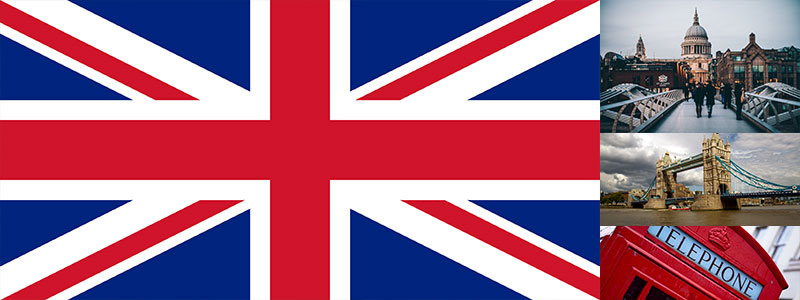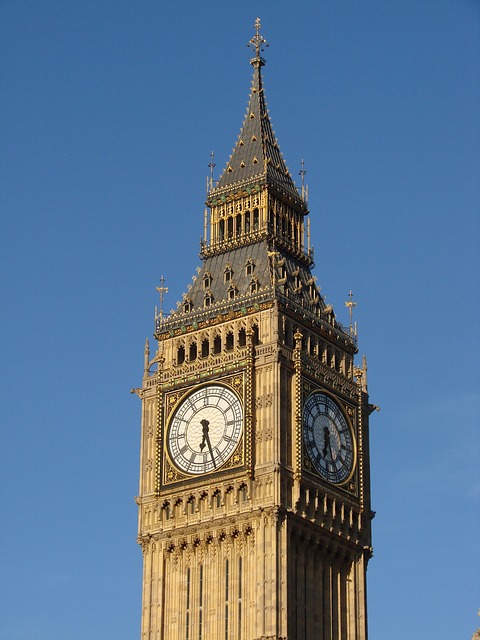British Political Philosophy
From Londonhua WIKI
Revision as of 15:42, 30 May 2017 by Ekmceachern (talk | contribs)
A Comparison of John Locke and Thomas Hobbes
 Your Project Page Picture Caption |
Contents
Abstract
The goal of this project is to make comparisons between the political philosophy of Thomas Hobbes and John Locke. These two men represent very different opinions of political philosophy and this project will explore the reasons for these differences. Most people have different opinions on Politics and political philosophy due to its controversial nature. In my opinion it is very important to understand the reasons behind people's opinions in order to be able to make an informed decision about ones own political views. At WPI I have taken 2 history courses and 1 philosophy course, HI 1332, HI 2332, and PY 1731. I have never done a philosophy project like this before on my own so it should be an interesting and challenging experience.
Introduction
I suggest you save this section for last. Describe the essence of this project. Cover what the project is and who cares in the first two sentences. Then cover what others have done like it, how your project is different. Discuss the extent to which your strategy for completing this project was new to you, or an extension of previous HUA experiences.
As you continue to think about your project milestones, reread the "Goals" narrative on defining project milestones from the HU2900 syllabus. Remember: the idea is to have equip your milestone with a really solid background and then some sort of "thing that you do". You'll need to add in some narrative to describe why you did the "thing that you did", which you'd probably want to do anyway. You can make it easy for your advisors to give you a high grade by ensuring that your project milestone work reflects careful, considerate, and comprehensive thought and effort in terms of your background review, and insightful, cumulative, and methodical approaches toward the creative components of your project milestone deliverables.
Section 1: Background
Context
The period during and directly after the English Civil War was one of much unrest in London.
Some very important and influential British Philosophers are outlined below. I have included information regarding their political theory but also other ideas unrelated to politics in order to give more insight to their beliefs and works.
John Locke
Political Theory
One of John Locke's most famous writings is his work, Two Treatises of Government, which is considered to have played a major role in the formation of modern democracy and the Constitution of the United States. Within the first sentence of the introduction, Locke had already taken a stand on slavery, calling it "vile and miserable an estate of man, and so directly opposite to the generous temper and courage of our nation" (Locke, 6). In the first part of his book Locke criticizes Sir Robert Filmer's work Partiarcha by saying that Filmer implies all men are slaves to a divine king. According to Locke, Filmer's system is "That all government is absolute Monarchy" (Locke, 6), and he interprets Filmer's argument to mean that no man is born a free man and therefore, all men are slaves. Locke uses the First Treatise to refute Filmer's argument, which Locke says that he cannot support because he believes in reason and that every man has the right to govern himself according to God's law.
Chapter VII of the second treatise in Locke's book, summarizes his beliefs regarding Political or Civil Societies. He writes "Those who are united into one body, and have a common established law and judicature to appeal to...are in a civil society one with another" (Locke, 97). This means that to have a civil society there must be a commonly accepted law within a group of people, and if no common law is present people are considered to be in just a state of nature. In the end he comes to the conclusion that three things are necessary to be considered a civil society: a common established law, a body that is impartial that will give judgement, and power of the people to support the judgements of the body. In this section of the book he also argues that absolute monarchy is inconsistent with the definition of civil society.
Chapter VIII deals with the beginnings of political societies. Locke states that once a community is formed, "the body should move that way whither the greater force carries it, which is the consent of the majority" (Locke, 100). This means that the best, and necessary, way to govern a community is through a majority ruling. It is impossible to remain as one body and community without a majority rule, according to Locke. Under one government, each person has a responsibility to submit to whatever decision has been made by the majority of the group, even if they disagree with the decision.
Later in the book Locke writes what he believes is the extent of legislative power. Unlike Filmer, who he earlier criticized Locke believes that government, specifically the legislative branch of government, does not have absolute power. He writes, "No body has an absolute arbitrary power over himself, or over any other...[to] take away the life or property of another" (Locke, 112). Locke believes that the government has a limit to their power and that they must only use this power for the public good of the people of their society. He also says that the legislative power is not allowed to take property of anyone without that persons consent. The main premise for this argument is that people have rights to their own property and if the government had the ability to simply take anything without consent people would not truly own any property themselves. Extending this even further Locke writes that legislative government representatives cannot place taxes on citizens without their consent.
Locke's system of government states that there needs to be a Legislative Branch, Executive Branch and Judicial Branch of the government, clearly this is how the United States government is divided. Locke writes that the legislative power does not need to always be in session creating new laws, because they will have a "constant and lasting force"(Locke, 115). However, he does believe that it is the job of the executive power to "see to the execution of the laws that are made, and remain in force" (Locke, 115). This means that the executive branch of the government must always be active, in order to always be enforcing the laws passes and developed by the legislative government, according to Locke.
Other Beliefs
In Locke's work Two Treatises of Government he includes some of his beliefs about man to lay the foundation for his own political theories. He believes that men are born in "a state of perfect freedom" (Locke, 72) and that people can do what they believe is right with themselves and their possessions. He believes that men are born equal by nature and not a single man is automatically given power over another man. He also writes that the total freedom of man does not include the "liberty to destroy himself, or so much as any creature in his possession" (Locke, 73). Locke also believes that everyone has the right and responsibility to punish any violator of the "law of nature" (Locke, 73). He also questions the rights of royalty to put to death or punish criminals who commit a crime in their country but are not from their country, which to many people at this times is a strange and new idea.
John Locke disagreed with the concept of full paternal power. He believed that power over children should be shared equally between the two parents and not all on the father, he calls this concept parental power rather than paternal power. He also says this power is a temporary jurisdiction over children that they grow out of when they become adults. Locke writes that age brings both freedom and rationality.
Thomas Hobbes
Although he lived during the same time as John Locke, Thomas Hobbes's ideas were essentially opposite of the ideas and beliefs of Locke's. Hobbes was considered a royalist who supported a monarchy, where Locke, as stated above, disapproved of an absolute monarchy.
Political Theory
Hobbes's writings in, Leviathan aim to show his perspective on the type of government that will create a civil and peaceful society. The text itself is split into four different sections: of man, of commonwealth, of a christian commonwealth, and of the kingdom of darkness. The first part of the book, "of man", contains most of the main points of his philosophical argument and the other three parts attempt to strengthen his arguments by extending them and further clarifying them.
The majority of Book I is concerned with human nature and Hobbes's beliefs about science and the mind. Later on in the book, in Chapter 10 titles "Of Power, Worth, Dignity, Honor, and Worthiness" Hobbes writes about the concept of power and humans drive to achieve power. He writes, "The power of a man, (to take it universally,) is his present means, to obtain some future apparent good. And is either original or instrumental" (Hobbes, 58). He splits power into two categories, natural (original) and instrumental. Natural power is obtained from the "faculties of body, or mind" (Hobbes, 58) where strength and art are examples of natural power. Instrumental power is power that is acquired from the use of a persons faculties. Wealth, friends, and reputation are examples of instrumental power. He describes the worth or value of a man as being how much power that individual has. Dignity is defined as the publicly recognized worth of a man. Also, a person of high worth is considered honorable and a person of low worth is considered dishonorable, according to Hobbes.
Other Theories
Section 2: Deliverable
Locke vs. Hobbes
Although they were both influential philosophers of the same time period, John Locke and Thomas Hobbes were certainly not arguing the same points.
Gallery
Conclusion
In this section, provide a summary or recap of your work, as well as potential areas of further inquiry (for yourself, future students, or other researchers).
References
- Hobbes, T., & Gaskin, J. C. (2008). Leviathan. Oxford: Oxford University Press.
- Locke, J., & Locke, J. (2005). Two treatises of government ; and, A letter concerning toleration. Stilwell, KS: Digireads.com Pub.
Image Gallery
If appropriate, add an image gallery


